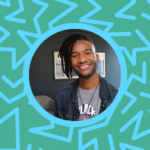“Music is a very powerful superpower that we can use to inspire and move people.
I’ve always loved drumming. I’m always tapping out beats on anything I can. Always have, even to the point where my dad would be like, “Hey man, you’re distracting me. Let’s just hold off on the taping.”
Music was just always a part of my life.
But something happened that made me fall in love with using the performing arts to move people. I was 11 years old, and I won a talent show at my middle school.
I played “How to Save a Life” by The Fray on piano and sang too. To see how I was able to move people through telling a story and spreading a powerful message, that was really moving to me.
That next year, I joined the youth praise band at my church, and we would use music as a tool to inspire the congregation, to help them tap into their inner emotions, their inner struggles, their hopes and desires, and use music as a release.
During that same time period, I also developed a passion for protecting human rights, advancing social justice, and advancing peace building in the world.
At 13, I met a Holocaust survivor named Helen Freeman participating in a project called the Righteous Conversations Project, where teens of different cultural backgrounds met with Holocaust survivors, heard their stories, and then created films about how we can prevent current issues from continuing.
I realized I wanted to use my gifts to leave a positive impact on the world, to make the world a place where everybody, no matter their background, belongs and feels cared for, and feels safe, and is not dehumanized as a threat, an enemy, or less than.
That was a promise that I made to Helen Freeman at 13 years old, that I would carry her torch.
And then, during my freshman year of college, I was introduced to Music in Common, and my life was again changed.
They curated a space where teens of different religious backgrounds, Christian, Jewish, and Muslim, were brought together on the anniversary of 9/11. We engaged in facilitated dialogue and developed a deeper understanding of our diverse lived experiences. We were able to recognize our shared humanity and our common ground, not just around the commonalities we share as teens of faith, but also how we all experienced the pain of being stereotyped and being dehumanized and being ‘othered’.
One of the most powerful moments was when a Muslim girl said that she was afraid to go to school wearing a backpack out of fear that she would be falsely accused of being a terrorist.
And that really hit me, because as a black man, I can be afraid to walk down the street with a hoodie on or go into a store with a backpack on, fearing getting accused of being a criminal or a thief or a thug, which has happened to me living in Atlanta.
Rather than just leave it there, Music in Common then engaged in the process of working together to express that call for change through collaborative music making. We made a song together and were able to perform it for the greater community, inspiring a ton of people with this truly one-of-a-kind experience.
It was the perfect blend of my love for music, the power that it has to move people, and my promise to Helen Freeman to make this world a place of belonging.
And I’ve been involved with Music in Common ever since.”
Trey Carlisle
Atlanta, GA
Trey is a 2020 Fulbright Award recipient, devoted artivist (artist + activist), and graduate from Soka University of America. Since 2016, Trey has served been involved with Music In Common and is a lead program facilitator trained in MIC’s unique methodology.

